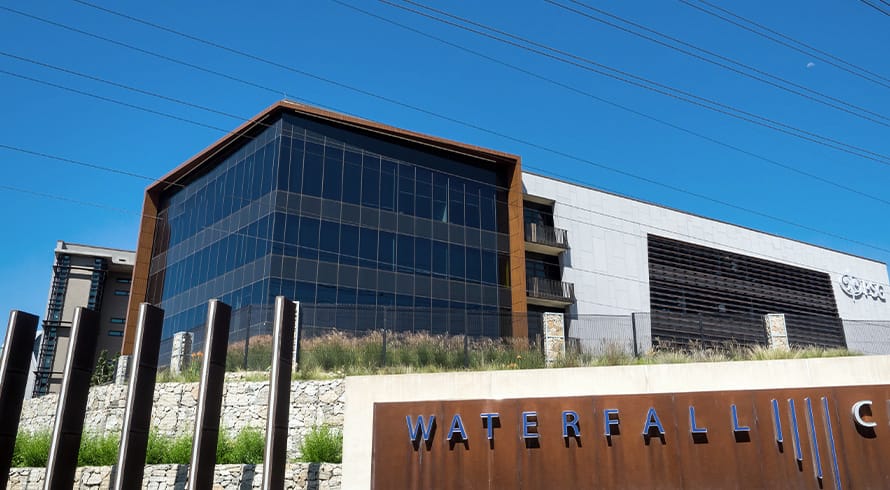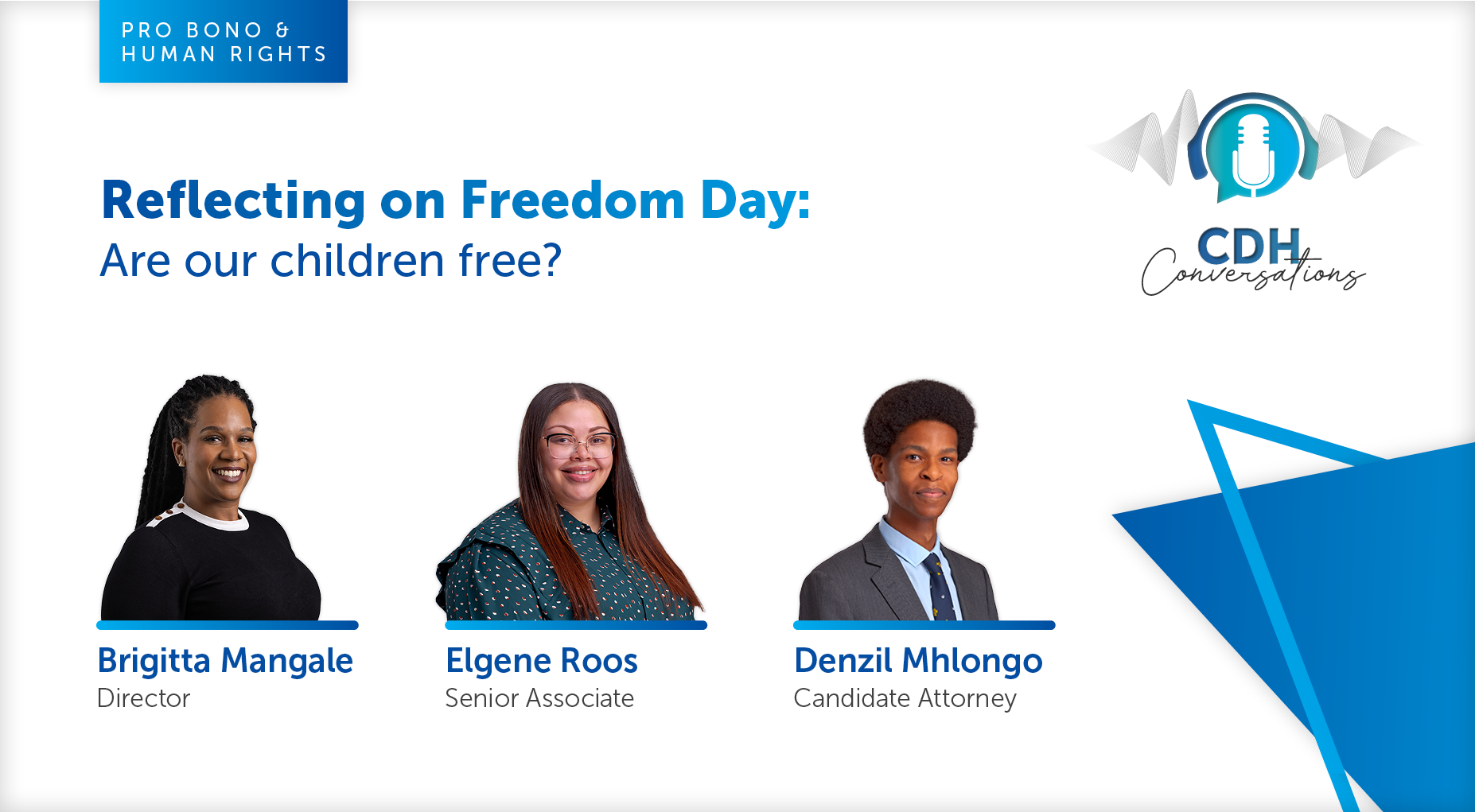Swift justice: A fast-track for excessive pricing complaints during the COVID-19 pandemic
On Friday 3 April 2020, the Minister published further excessive pricing regulations, which were followed by a directive from the Competition Tribunal on 6 April 2020 that will allow complaint referrals to be brought to the Tribunal on an urgent basis and will further allow the Tribunal to impose pricing orders.
Those familiar with the Commission’s investigatory and referral process will know that investigations and prosecutions can take a year or more to get before the Tribunal, where after the process to conclude a hearing is lengthy. The now-expedited process, which will only remain in force for as long as the COVID-19 outbreak remains declared a National Disaster, could see complaints referred and decided within a matter of days. This process shows a strong sense of commitment from the competition authorities to protect consumers and prevent any abuse by dominant firms in a time where consumers are particularly vulnerable.
The new regulations dispense with the usual timelines for pleadings following a referral from the Commission. Instead of the usual 20 business days for a respondent to answer, a respondent now has 72 hours. A reply from the complainant (which can be the Commission or a third party if the Commission declines to prosecute) must follow in 24 hours, as opposed to the usual 15 business days. The Tribunal will then set the matter down for a hearing within 48 hours. The Tribunal will strive to issue an order within 24 hours. All told, a complaint referral can now move from beginning to end within approximately seven days, compared to months (at least) under the usual timeframes.
Measures are also introduced to expedite the process before the Tribunal. Within 24 hours of close of pleadings (i.e. 24 hours before the hearing) parties are required to file a joint statement with the Tribunal indicating the extent of any factual dispute. Where there is no dispute of facts, the Tribunal can decide the matter in chambers, without a full-blown hearing (although the Tribunal may request additional information from the parties to be submitted electronically). Where there is a substantial dispute of facts, a hearing via audio or video conference will be held. Notably, if a respondent fails to file an answer in the new shortened period (unless extended by the Tribunal) the matter can be decided on the papers, on an unopposed basis.
The Tribunal is empowered to impose pricing orders to cure findings of excessive pricing. These may urgently be appealed to the Competition Appeal Court, but the pricing order stays in place until set aside on appeal or review. For respondents that do not wish to fight an allegation, the Tribunal’s directive allows for any consent order (settlement) to be heard in chambers and decided in 24 hours, without the usual public hearing.
It is clear that respondents in a COVID-19 related excessive pricing case are in for a wild ride and will have very little time to marshal a defence in the face of the Tribunal’s aggressive commitment to regulate firms in this critical time. This may sit uncomfortably for those wary of abuse of State power as it might compromise the right to a fair trial and the cornerstone doctrine of audi alteram partem (Latin for “listen to the other side”). However, in the face of the pandemic, some compromise may be inevitable and, hopefully, short-lived. The temporary regulations and directive may have the upfront deterrent effect of making dominant suppliers of essential goods and services think twice about any material price increase during the National Disaster, just to avoid the strafe of a truncated prosecution.
The information and material published on this website is provided for general purposes only and does not constitute legal advice. We make every effort to ensure that the content is updated regularly and to offer the most current and accurate information. Please consult one of our lawyers on any specific legal problem or matter. We accept no responsibility for any loss or damage, whether direct or consequential, which may arise from reliance on the information contained in these pages. Please refer to our full terms and conditions. Copyright © 2026 Cliffe Dekker Hofmeyr. All rights reserved. For permission to reproduce an article or publication, please contact us cliffedekkerhofmeyr@cdhlegal.com.
Subscribe
We support our clients’ strategic and operational needs by offering innovative, integrated and high quality thought leadership. To stay up to date on the latest legal developments that may potentially impact your business, subscribe to our alerts, seminar and webinar invitations.
Subscribe



